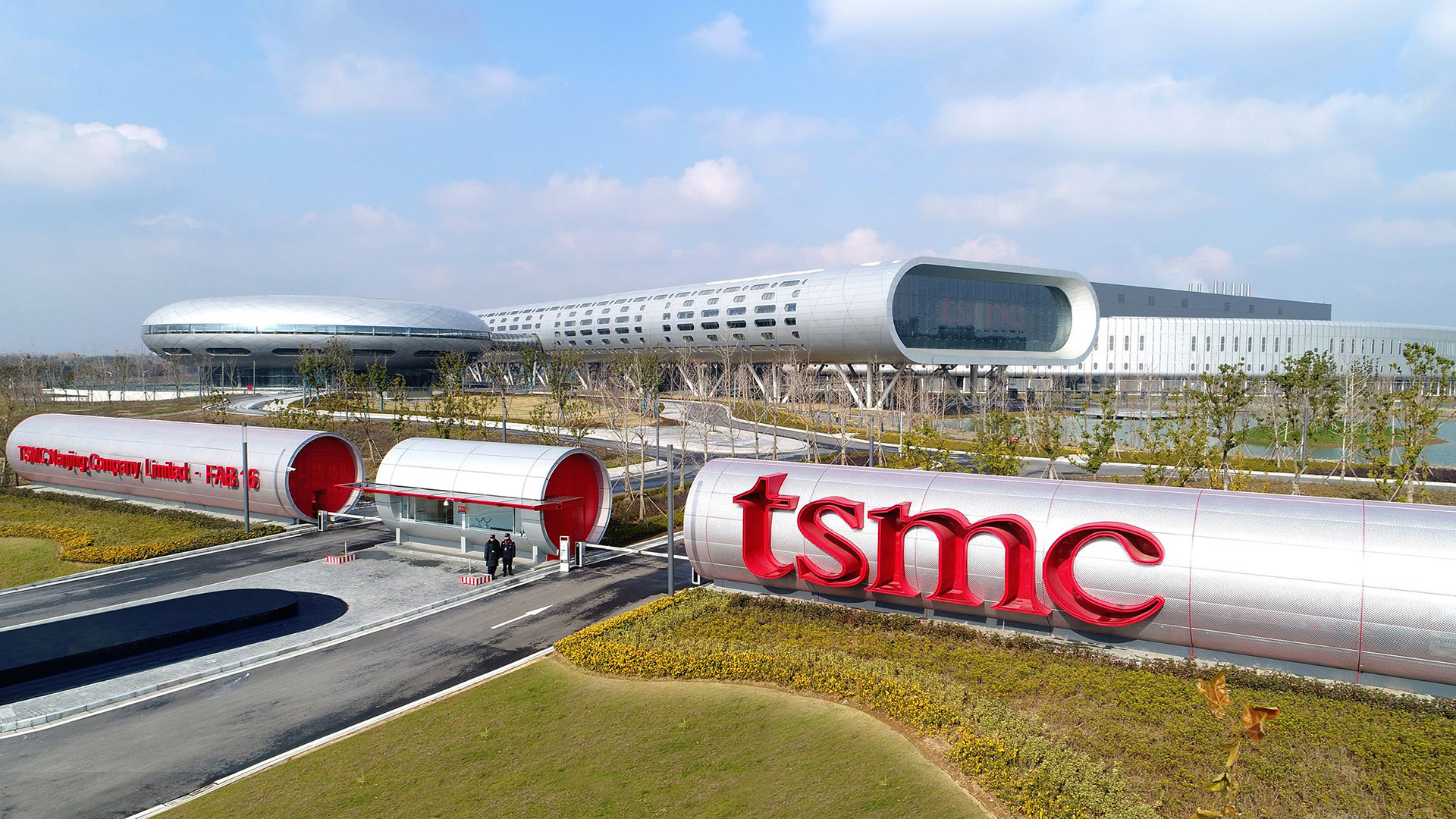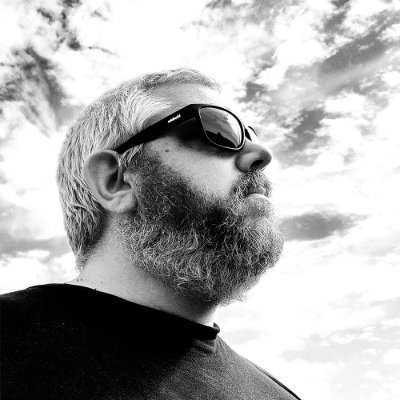Approved! AMD and Nvidia foundry will make tiny things in Arizona desert
South-western fab plant USA’s first 5nm foundry.

Arizona knows a bit about fab plants, having just voted to legalise marijuana, and now it’s getting another one thanks to TSMC, otherwise known as the Taiwan Semiconductor Manufacturing Company, Limited.

Best CPU for gaming: the top chips from Intel and AMD
Best graphics card: your perfect pixel-pusher awaits
Best SSD for gaming: get into the game ahead of the rest
The massive chip shop, due to start serving in 2024, will use a 5nm process, consume 20,000 silicon wafers a month, and potentially cost the company $12 billion.
TSMC was the world’s first dedicated semiconductor foundry when it was founded in 1987, and it has gone on to operate over a dozen processor plants around the world. It makes chips for Apple, AMD, and Nvidia, among others. It makes a lot of them, too.
TSMC already makes chips in the USA, with a plant in Camas, Washington, that makes flash memory on older process nodes around 200nm. The company tends to keep its newest technology to its Taiwan base, so it’s unusual to see an advanced process like the 5nm one in the USA. We’re not expecting to see any future nodes—like the 2nm process TSMC announced it was working on earlier this year—arrive in Arizona, but are happy to be surprised.
Competitor Samsung doesn’t produce sub-10nm chips in the US, and GlobalFoundries has postponed its move to 7nm to concentrate on 14nm chips, so there’s an opportunity here that TSMC is grabbing with many hands.
The only major chip manufacturer primarily located in the US, at least of those making products we put to good use in our gaming PCs, is Intel, and don't they like to shout about it, too. Now it seems its rivals could have a US-based chipmaking option in TSMC for at least a node or two.
AMD's Zen 4 architecture has already been confirmed on the 5nm process node, and one can only assume it will stick with firm partner TSMC for it.
Keep up to date with the most important stories and the best deals, as picked by the PC Gamer team.
Construction in the desert is due to begin in 2021, and it’s hoped to employ 1,600 people. As noted by our friends at Tom’s Hardware, this will be the most advanced lab for the company outside its home of Taiwan, where it also recently signed a 20-year deal to buy the entire output of two offshore wind farms off the west coast of Taiwan, the largest corporate green energy deal ever made.

Ian Evenden has been doing this for far too long and should know better. The first issue of PC Gamer he read was probably issue 15, though it's a bit hazy, and there's nothing he doesn't know about tweaking interrupt requests for running Syndicate. He's worked for PC Format, Maximum PC, Edge, Creative Bloq, Gamesmaster, and anyone who'll have him. In his spare time he grows vegetables of prodigious size.

